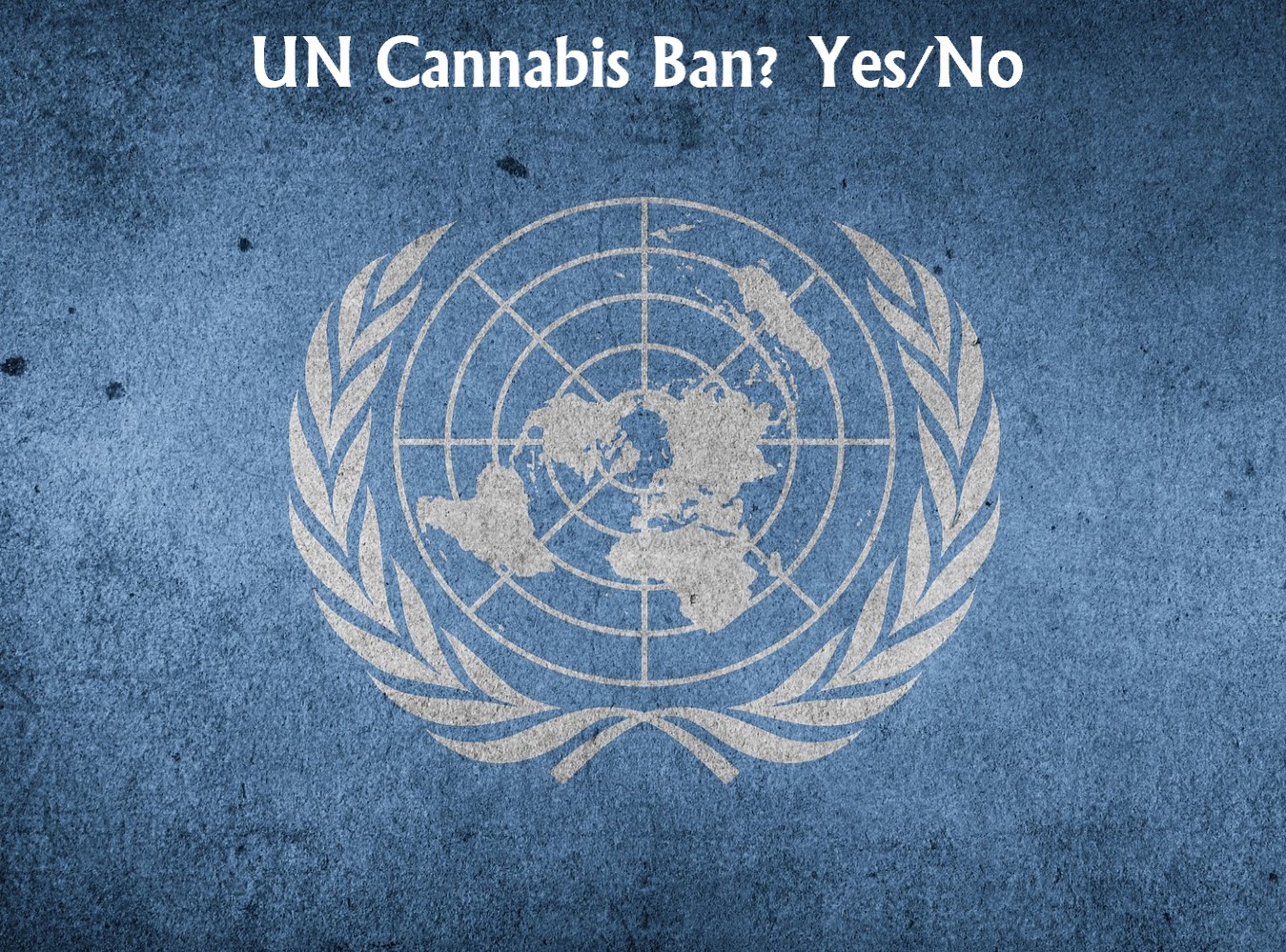Last month, the UN’s Commission on Narcotic Drugs (CND) discussing possible end to UN cannabis ban, announced that it needed more time to decide if cannabis should remain in the schedule 1 category on the international drug treaties.
The general assumption was that cannabis would be rescheduled during the 61st session in Vienna, Austria, in December – especially after a vehement recommendation from the World Health Organization regarding CBD earlier last year. However, the CND reported that they’ll continue to mull it over until they reconvene in March 2019. Until then, the UN cannabis ban remains.
Everyone was in agreeance that synthetic cannabinoids, along with fentanyl and tramadol should continue to be lambasted, but common ground for cannabis couldn’t be reached. According to a representative from the WHO’s Expert Committee on Drug Dependence, Gillian Forte, “I regret that I must inform you that the necessary clearance process to communicate this information [cannabis rescheduling] could not be conducted in time for this meeting.”
Until a consensus is reached, this will remain a huge topic of discussion considering nearly every country in the world is part of the United Nations. While many countries are dealing with a sore disappointment at the most, others like Canada for example, are in quite an awkward predicament.
Last year, Canada become the second country to federally legalize cannabis, following only after Uruguay (who is also a member of the UN). What makes this a touchy situation for our neighbors up north is the fact that they’ve signed three separate UN drug treaties agreeing to ban cannabis.
Removing cannabis from the drug schedule would solve any issues they might face with the UN, but conservative countries like Russia, China, and Pakistan are still staunchly against legalization. “Ever since Canada enacted its legal regulation of cannabis, there has been a lot of pushback from traditionally reactionary countries at CND against any move to confer any legitimacy on cannabis,” says Juan Fernandez of the London-based International Drug Policy Consortium.
So basically, the drama continues and we won’t have a definite answer on the outcome until March, that is, if an agreement doesn’t end up getting delayed any further. Check back with us for more updates as the story unfolds.










